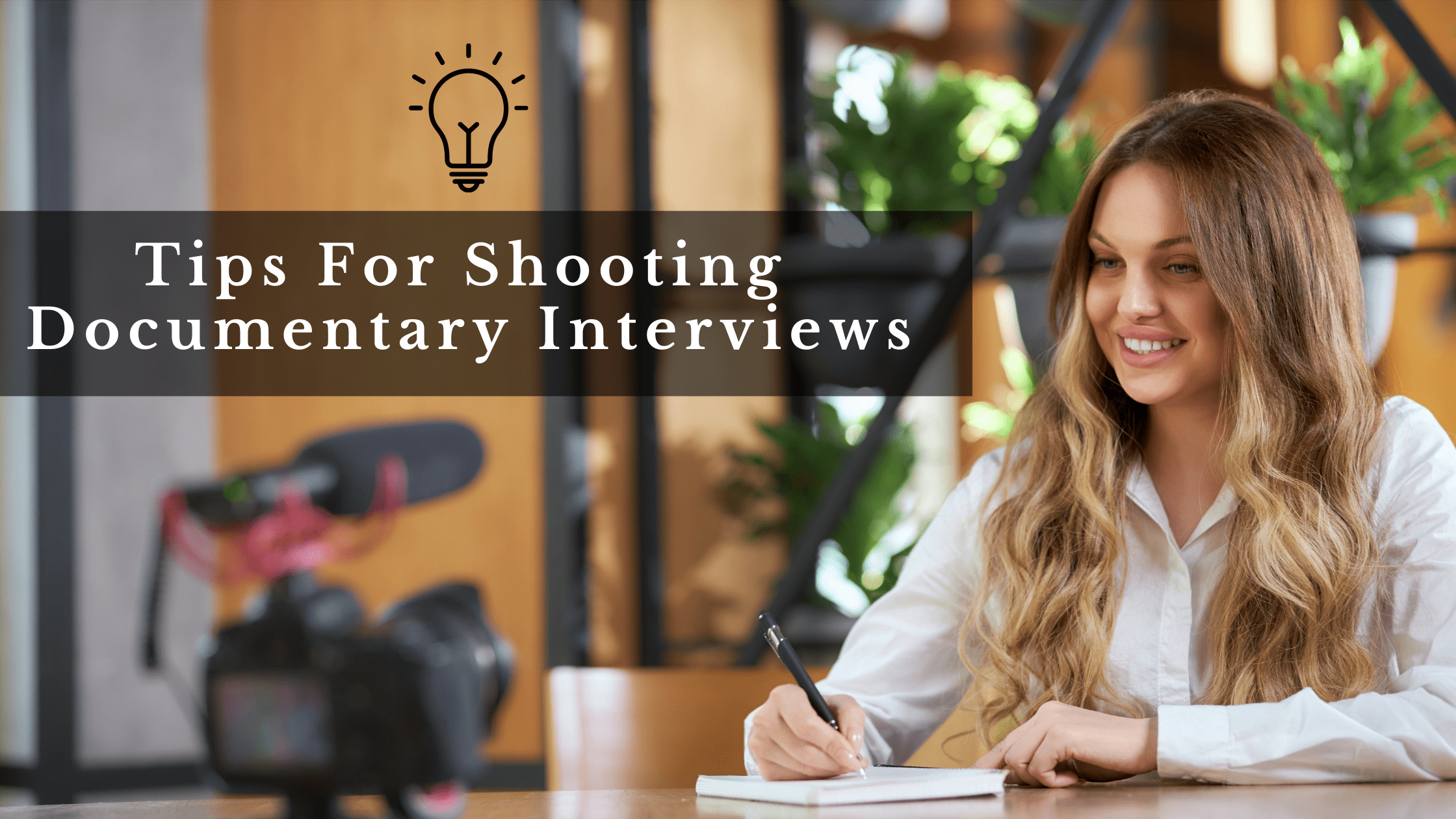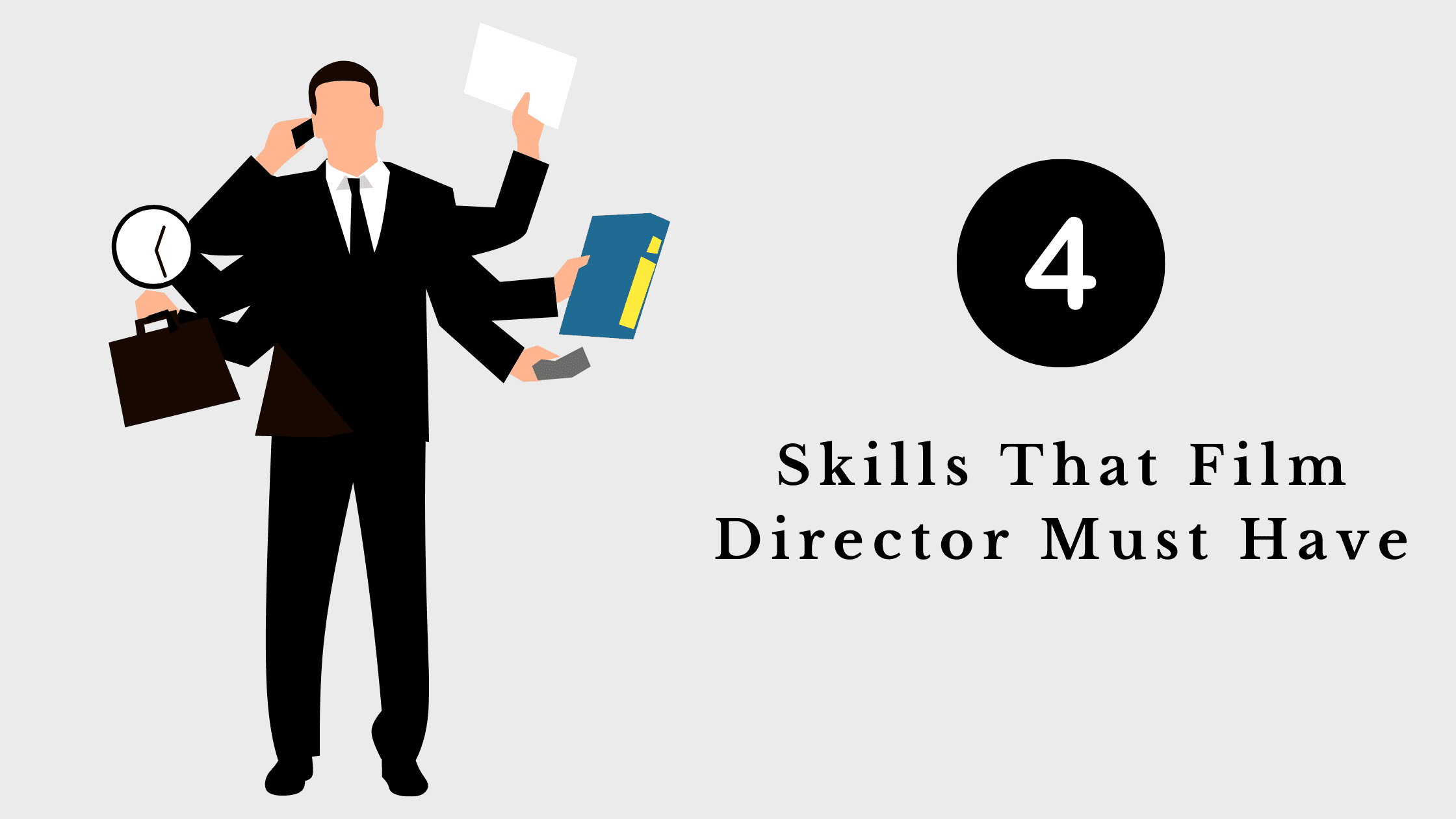- Call Us : 020-25889697
- Mail Us : info@sbproduction.in
TIPS FOR SHOOTING DOCUMENTARY INTERVIEWS
TIPS FOR SHOOTING DOCUMENTARY INTERVIEWS
Documentary interviews may be a tricky subject to tackle, when there are controversial topics involved and people are driven by the fear of saying a thing which may come across as politically incorrect or harmful to certain sentiments. Here, it becomes the duty of filmmaker to ensure that the interviewees are comfortable and willing to engage in conversation. They must also focus on the message that is being conveyed through the video, be it neutral, supporting, or accusing, and the repercussions which this may have upon all involved parties. These are meant as guidelines not rules. Everyone has their own interview style that works for them. But it is good to keep them in mind.
- Be prepared, but adaptable: This is a point of contention among filmmakers. Some filmmakers prepare a list of questions to give them direction. Others prefer to wing it, feeling limited by the rigidity of pre-set questions. However either way, it is important to have a general concept for your interview. This depends not only on the type of filmmaker you are but also depends upon which subject of the Documentary Film.
- Open ended questions: Asking questions which expect Big answers can help to steer the conversation in the right direction while reducing the load upon the interviewer to carry it forward. Questions which expect Big answers are usually preferred in comparison to those which have a simple ‘yes’ or ‘no’ as they do not force enough elaboration. The people being interviewed will also find more comfort in questions where they are urged to tell a story
- Energy: The interviewee will respond to your charisma and feed off of it. This will motivate them to continue with their story, knowing that they have a receptive audience.
- Avoid pre-interviews: While pre-interviews seem like a great idea for working off the nerves and it increases the bonding between the members of the interview, it can also take away from the overall authenticity of the final production. There is a high chance that certain stories or conversations may arise in the pre-interviews which the interviewee chooses not to repeat during the interview which would be a completely wasted opportunity.
- Film after the interview: Filming the interview for a specific duration after it is over can help in gaining complete footage which may prove to be useful later. There may be some good shots which are captured post-interview which can also be included in the final cut. It can be good to get a few shots where the participants are not stressed and appear to be winding down.
- Control background noises: There are noises which cannot be controlled, but attempting to lower them is one of the best of your ability to ensure easy post-production. Hence, try to look for locations where the dangers of facing such noises are less as this will significantly reduce the burden upon the Film maker.
- Follow your instinct: Each person is different. You may have to draw them out of their shell by sharing some of your stories first. Or make sure they do not veer too far from the original theme/subject (although if you have the time, such tangents might bring up some gems). Also don’t shy away from tough questions. If the subject is reluctant to answer, don’t push it too hard. Maybe approach the question in a different way. It will seem less probing and more like a choice they made.
We hope that this has helped get you started with the basics to be kept in mind while shooting a documentary interview. While they are not easy, they can be a very satisfying and informative experience for all parties involved.





